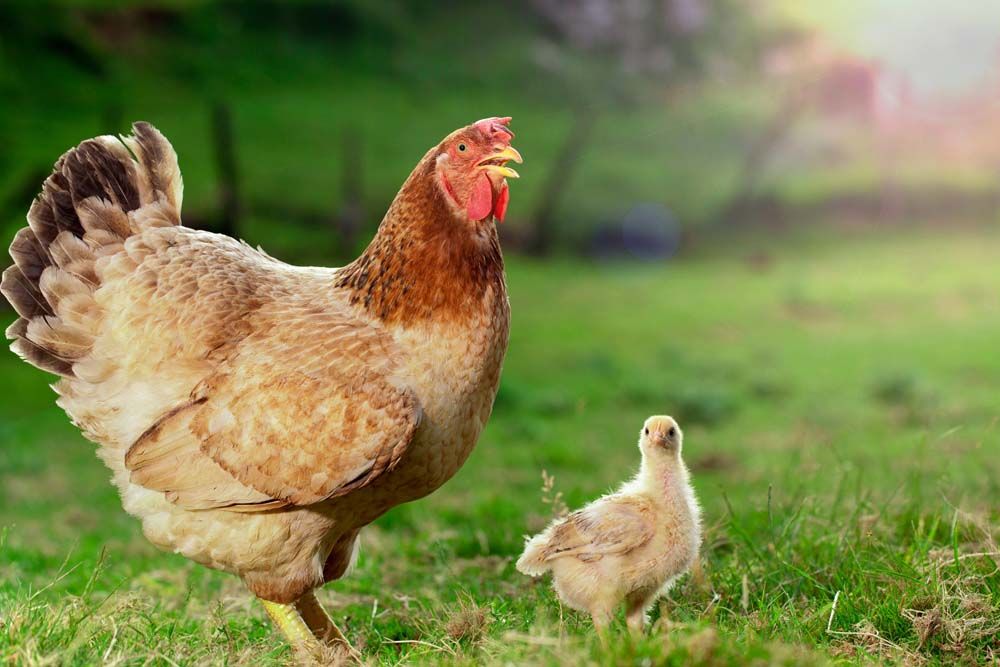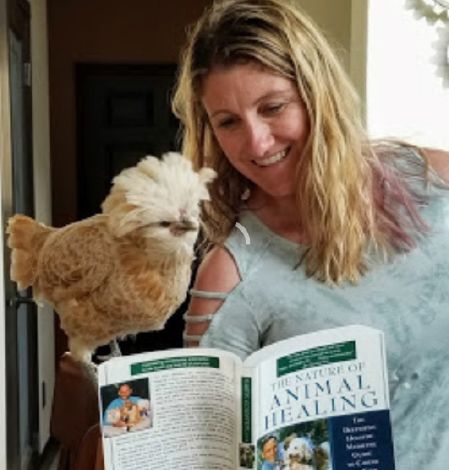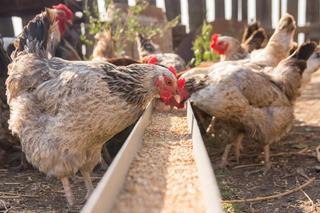How to Care for Senior Chickens


A reality of raising chickens is they will grow old. Caring for your elderly chicken requires a bit more care, but their comfort and gratitude is well worth the effort.
Most chickens age gracefully; they are still active, hunting and pecking for tasty grubs…just maybe a bit more slowly. Harsher weather may affect them more than usual, and they may be prone to egg issues such as binding and prolapse as their muscles weaken.
They will require some TLC, but senior chickens are still functional members of society!
Benefits of having an older chicken
Most chickens will stop laying around ages 5-7 (depending on the breed), but this doesn’t mean they no longer have a job. Even elderly chickens eat pests and provide amazing fertilizer for your gardens.
The lack of egg production means your senior chickens won’t need expensive feed or oyster shell and they can thrive on vegetable trimmings, garden grubs and scratch. They no longer require as much calcium, but more feed in general will keep their weight up.
How to care for an older chicken
Chickens do require a bit more care as they age. The main concern with an aging chicken is comfort; keeping them warm, fed, hydrated and safe from predators.
Extreme weather can be more harmful for aging chickens.
In extremely cold weather, consider roosting in a heated garage or laundry room. Cold weather can also aggravate arthritis, so providing providing a lower roost can help geriatric chickens get up off of the cold ground.
As always, make sure your chickens have fresh, unfrozen water available to them. Ensure your waterer is at a low enough level that the chickens won’t have to strain to reach it.
Older chickens can suffer from poor eyesight and slow reflexes, making them an easy target for predators. You may want to consider a “senior living center” for your aging chickens that is smaller, more secure and has all the necessities within easier reach.
**
About the author
Shelby Stone is a writer when she isn’t busy with her chickens, her horse Percy, Mango the parrot, and the many other animals in her family.
Tags:Chicken Chatter

Acreage Life is part of the Catalyst Communications Network publication family.
















